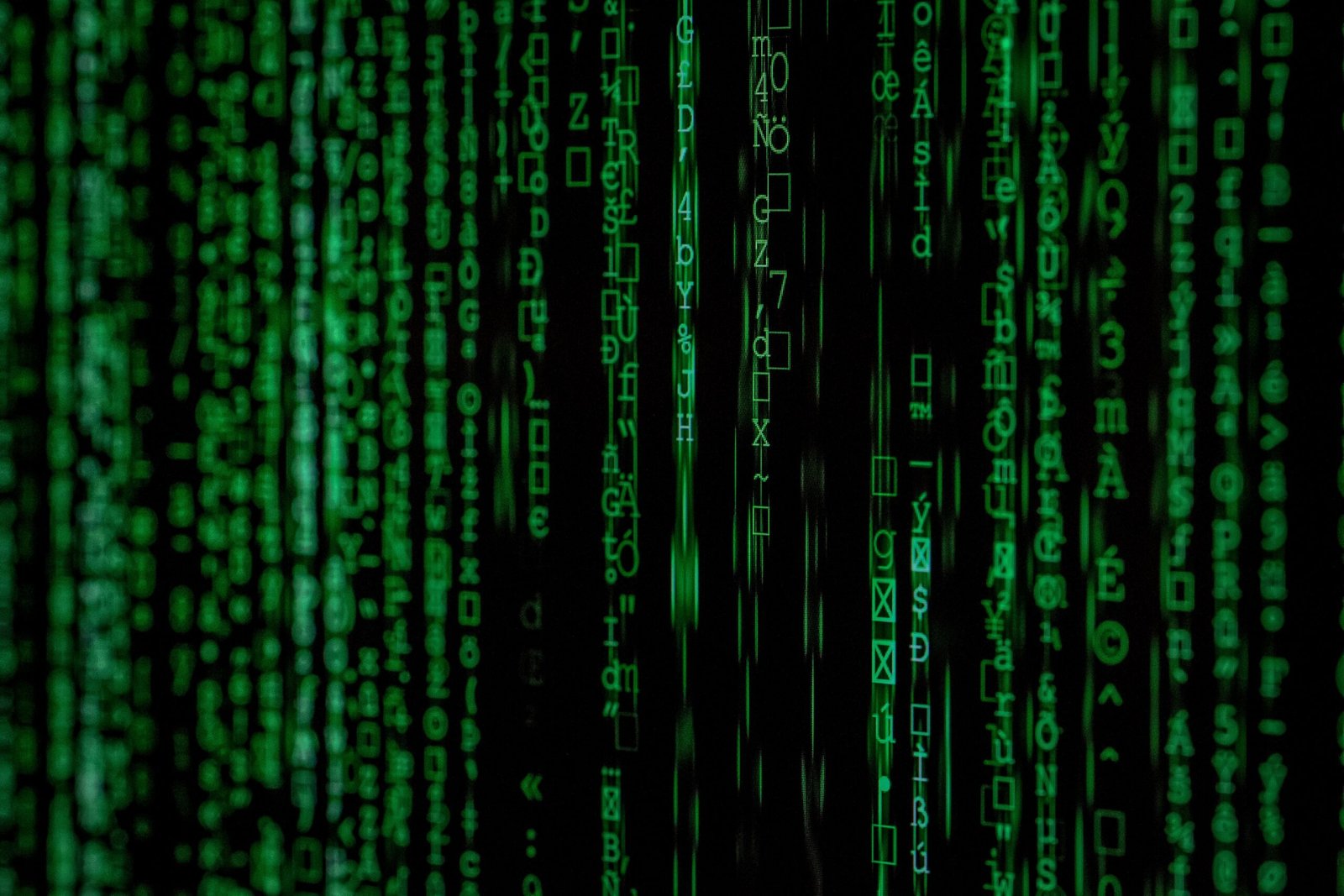Digital poverty refers to the lack of access to digital technologies and the internet, which can hinder individuals and communities from participating fully in the digital age. However, artificial intelligence (AI) has the potential to play a significant role in reducing digital poverty and bridging the digital divide.
One way AI helps reduce digital poverty is by improving access to information and education. AI-powered chatbots and virtual assistants can provide instant and personalized support to individuals seeking information or assistance. This can be particularly beneficial for those who do not have access to traditional educational resources or libraries. AI algorithms can also analyze vast amounts of data to identify patterns and trends, helping policymakers and organizations make informed decisions to address digital poverty.
AI can also enhance digital skills and literacy. Intelligent tutoring systems can provide personalized learning experiences, adapting to individual needs and learning styles. This can empower individuals with the skills necessary to navigate the digital world and access online opportunities. Additionally, AI-powered language translation tools can break down language barriers, allowing individuals from diverse backgrounds to access digital resources and participate in online communities.
Furthermore, AI can assist in expanding access to healthcare services. Telemedicine platforms that utilize AI algorithms can provide remote diagnosis and treatment recommendations, enabling individuals in underserved areas to receive medical assistance without having to travel long distances. AI can also analyze health data to identify patterns and predict disease outbreaks, helping healthcare organizations allocate resources effectively and address health disparities.
In conclusion, artificial intelligence has the potential to help reduce digital poverty by improving access to information and education, enhancing digital skills and literacy, and expanding access to healthcare services. By harnessing the power of AI, we can work towards a more inclusive digital society where everyone has equal opportunities to thrive in the digital age.

